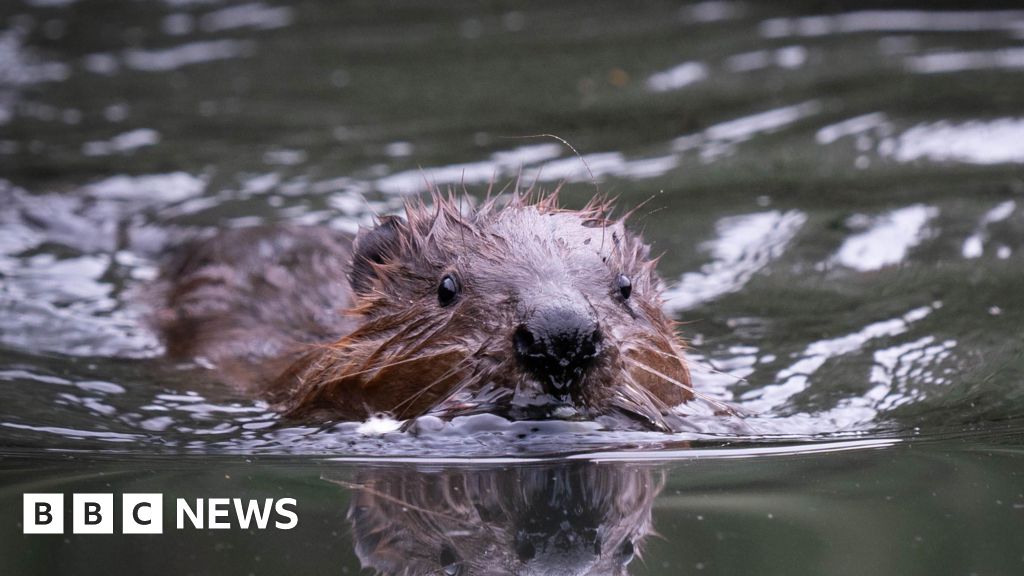The UK’s first urban beavers were introduced into a west London nature reserve back in October. The family of five are part of a project that aims to get the public to engage with nature, to study biodiversity improvements and to monitor flood mitigation effects. Seven months on, how is it faring?
It is perfect weather for beavers. The rain is incessant as we trudge past the trees and through the long grass and into their habitat. But the rain cannot stop the wonder and enthusiasm for what is happening here.
This is Paradise Fields in Greenford in Ealing. It is a nature reserve next to a retail estate but it’s where seven months ago beavers were introduced. This is now very much their home and they are transforming the habitat.
They are so happy that the volunteers here think the beavers may be breeding, and offspring - or kits as they are known - might be on the way.



This is the best summary I could come up with:
The UK’s first urban beavers were introduced into a west London nature reserve back in October.
The family of five are part of a project that aims to get the public to engage with nature, to study biodiversity improvements and to monitor flood mitigation effects.
We are with Dr Sean McCormack who has been one of the driving forces behind the scheme.He takes us to one of the beavers’ five dams here, where they have cut back trees and twigs and dredged the mud to create large pools.
And that has a lot of benefits for different biodiversity including pond life, birds, insects, bats, newts and frogs.
Europe has been introducing beavers for decades, and the Ealing project hopes other UK cities and towns will follow suit.The mayor of London initially gave £37,000 but that has been spent and the project is looking for more funding to increase the educational element of the scheme.The beavers are very popular locally, with many people volunteering to keep an eye on the site.
Dr McCormack says flood mitigation work had been due to be carried out here but the project persuaded the council to let the beavers do their thing instead.
The original article contains 928 words, the summary contains 198 words. Saved 79%. I’m a bot and I’m open source!